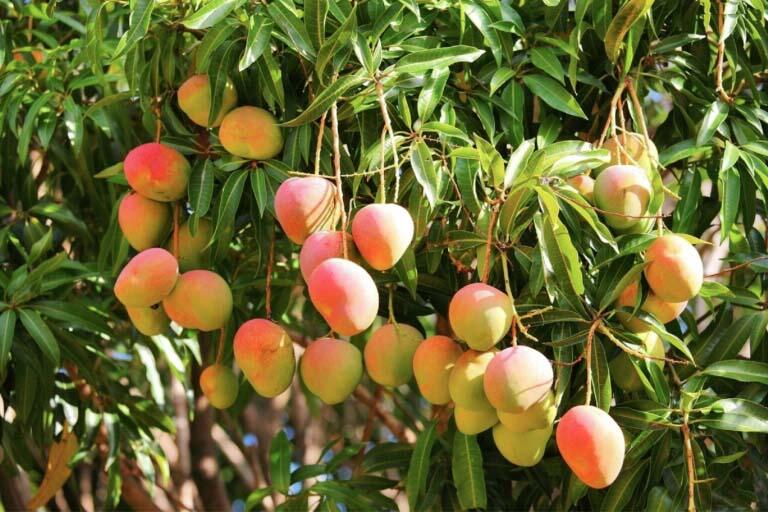Harvest forecasts for mangoes were much higher than what has finally been obtained, although about 20,000 tonnes will be reached, which according to José Linares, president of the Spanish Association of Tropical Crops, makes it the second largest harvest ever to be achieved in Spain.
The fruit’s demand has so far been excellent in both European and non-EU destinations. Prices per kilo at origin range from 0.70 Euro to 1.50 Euro, depending on the quality; thus, it will be difficult to calculate an average until the campaign is finished. For now, the campaign has been very good. The peak of the season will last from early to mid-November.
According to the representative, the acreage devoted to mangoes in Spain increases every year. “Each year, new mango plantations come into production, making the fruit the fastest growing tropical crop compared to avocados, which require much more water.”
Avocado production to reach 70,000 tonnes
For now, and as long as there are no weather problems before the harvest, Spain expects about 70,000 tonnes of avocados in the coming season, with production volumes, mostly of the Hass variety, that will start to peak from December.
The avocado acreage has grown very significantly in recent years, driven by the crop’s increasing profitability. While still growing, its expansion has been limited by the shortage of water in the Axarquía, the main production area, as the fruit needs a considerable amount of water. “Avocados are starting to be planted in the areas bordering Cadiz, in Huelva, and we are also seeing more and more avocados in Valencia,” affirms José Linares.
Cherimoya harvest down by 40%
The cherimoya harvest has fallen by around 40% this year in the Costa Tropical of Granada, due to water supply problems in major production areas, as well as to the impact of sunburn. Of the usual 45,000 tonnes, only 27,000 tonnes have been harvested.
Regarding the crop’s acreage, hardly any new trees are being planted, according to José Linares. “Although there are some new plantations, growers don’t generally have plans to continue cultivating this product, as they would rather switch to more profitable crops, like avocados or mangoes,” he explains.
Source: FreshPlaza











